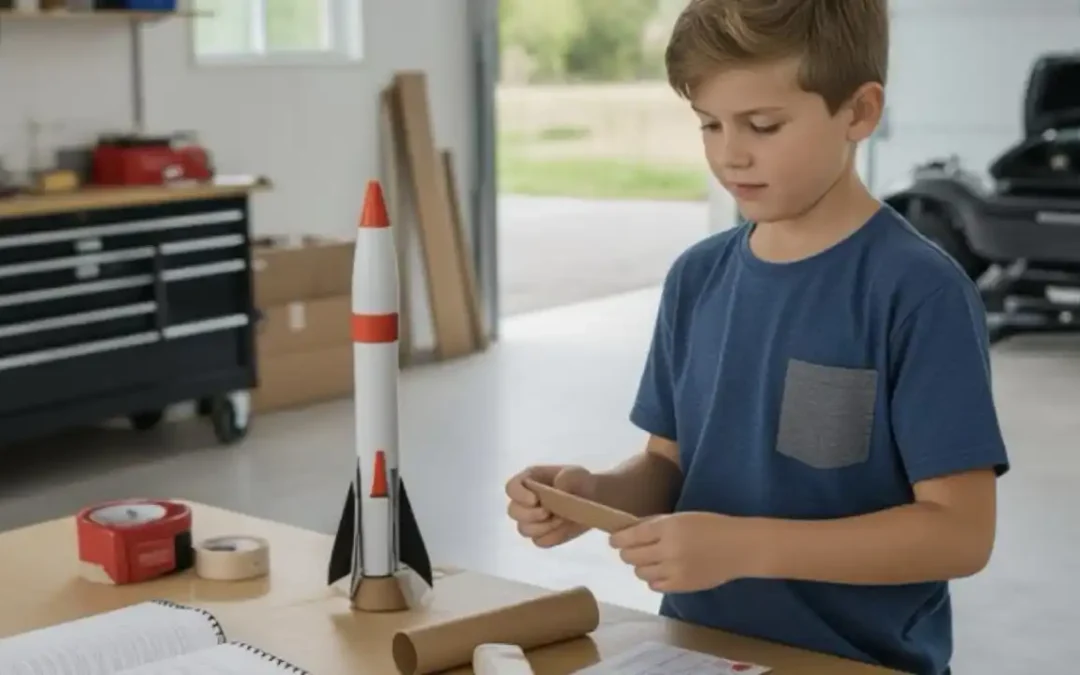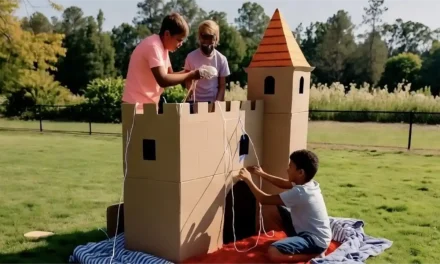
Pursuing Purpose with Passion: Identifying Personal Goals
K
ids bounce from one interest to the next—games, videos, trends—without landing anywhere. Their energy is real, but without direction, it scatters. The great Renaissance builders didn’t wait for inspiration. They picked a goal and worked toward it, one sketch, one stroke at a time. This isn’t about external pressure—it’s about helping kids ask themselves, “What do I want to make or pursue?” That simple question anchors their curiosity. It turns drifting interests into something solid—a plan, a project, a purpose.
One evening, my son mentioned he wanted to write a story—“a real one, like in a book.” I asked what kind. He shrugged. “Adventure, maybe.” I told him to think on it. A few days later, he brought me a rough draft—three pages, smudged and chaotic. I didn’t correct it. I asked, “What’s the next part?” He paused, then launched into chapter two. Over the next week, we didn’t talk about finishing—we just talked about the story. It grew. So did his sense of ownership. That goal didn’t stay tidy, but it stayed alive—because it came from him.
You can support this process by helping them listen for what sticks. After a burst of enthusiasm, wait a day or two, then ask, “Still thinking about that?” If they are, offer to help them take the next step: sketch a plan, gather materials, mark a calendar. Revisit it a week later—not to evaluate, but to keep it warm. When they see that a goal can evolve, stretch, and survive real life, they begin to trust it—and themselves.
Pursuing Purpose with Passion

Pursuing Purpose with Passion: Celebrating Productive Achievements
Celebrate your children’s meaningful effort and thoughtful results—not just when they win. Recognition builds confidence, pride, and healthy motivation.

Pursuing Purpose with Passion: Channeling Ambition into Action
Turn dreams into plans. Teach children how to break desires into steps, building persistence, discipline, and joy in progress.
Table of contents

Primordial Soup for the Mind: Navigation
Navigate the book Primordial Soup for the Mind.
TIPS
- Let goals emerge from their own words
- Don’t frame it as achievement—frame it as pursuit
- Stay curious, not managerial
ACTIVITIES
- Still Thinking?: After a spark, follow up with “Still into that idea?”
- Next Step Map: Sketch a simple path from start to next step—no pressure
- Goal Tracker: Mark small milestones, but let them define success
TOOLS
Sketchpad, whiteboard, calendar

Download “Primordial Soup for the Mind: A Parent’s Guide to Nurturing Intellectual Growth”
Enter your information to get this article and hundreds more as part of the FREE book Primordial Soup for the Mind.
Share your thoughts with the Thought Academy community in the Comments section below.

Sharpen those skills!
Enter your information to get our FREE practice exercises so you can hone your critical thinking and reasoning skills!







0 Comments